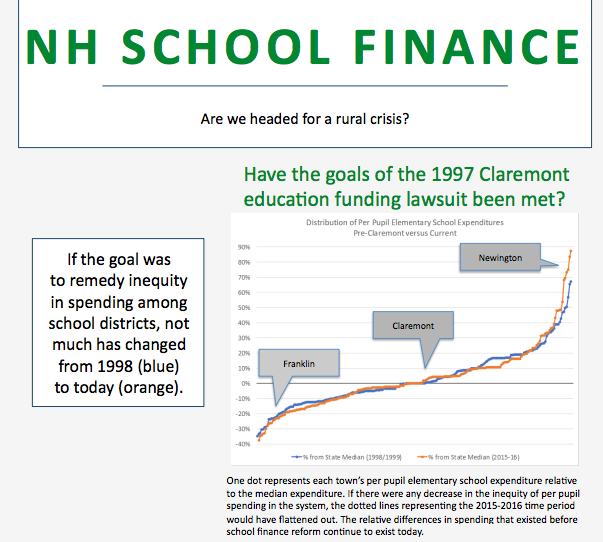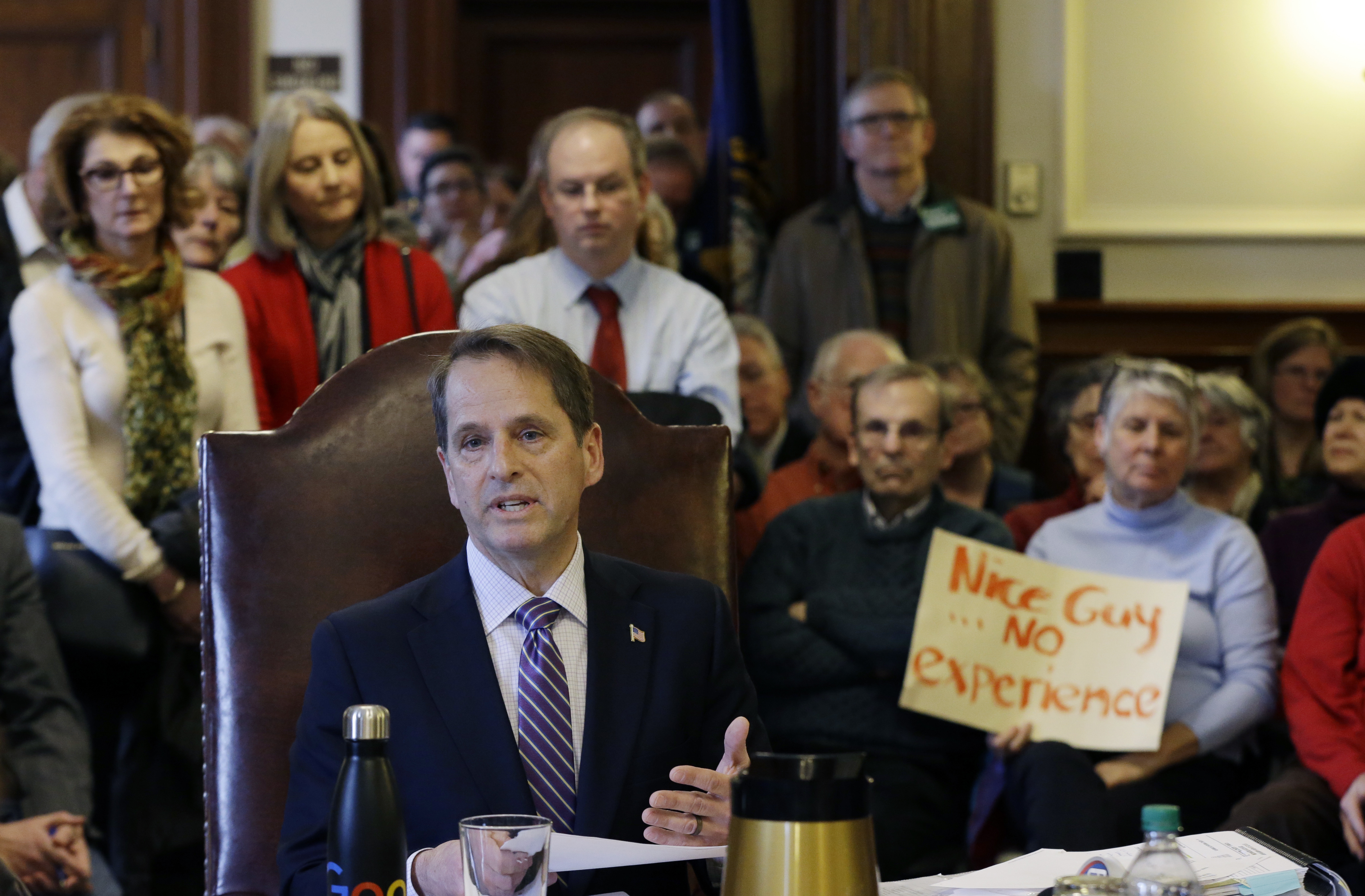NH Teachers Union Blasts State Ed Board Rule Limiting Remote Learning

New Hampshire’s largest teachers union blasted the State Board of Education for voting to tightly limit the use of remote learning by Granite State public schools.
Under the rule changes finalized by the board Thursday, schools can only use remote learning for weather events such as snowstorms, and when parents request the online-learning option. Since the beginning of the pandemic, local school districts have locked down classrooms for months at a time, despite evidence showing that has a drastically negative impact on children. In some communities, parents organized protests in response.
On Thursday, the Board of Education made it clear whose side it is on.
“Parents have to have some say in the matter,” said board chairman Drew Cline.
Cline said the rule changes still leave school districts with the flexibility to adopt remote learning as needed in specific instances, but the state won’t be returning to months of at-home education for entire school districts. Cline said remote learning during the 2020-2021 school year was disastrous for public schools.
“We had more than 8,000 students leave the public school system in New Hampshire in 2020, and most of them didn’t come back,” Cline said. “One of the main reasons is [families] didn’t want remote instruction imposed upon them, they didn’t like that they had no options and no say.”
Megan Tuttle, president of the NEA-New Hampshire, the state’s largest teachers union, was quick to blast the decision. Tuttle accused the board and Department of Education Commissioner Frank Edelblut of disregarding the health and safety of students and teachers.
“While educators, parents, and healthcare professionals are focused on keeping our children and families healthy and safe, Commissioner Edelblut and the State Board of Education are focused on penalizing school districts for making the difficult decision to temporarily switch to remote instruction during a communitywide outbreak,” Tuttle said in a statement.
Cline noted schools are free to close classrooms if they feel the need. But instead of simply moving classes to “Zoom school,” as some parents call it, schools will have to make up the days in classroom instruction later in the year.
Educators agree New Hampshire students lost ground across the board due to the effects of online learning.
In Manchester, Superintendent Jonathan Goldhardt told the city’s board of education this week that thousands of his students are now getting failing grades.
“The number of students getting at least one F grade went up dramatically during the mostly remote and hybrid 2020-2021 school year,” Goldhardt told board members, according to the New Hampshire Union Leader.
Test results tell the same story.
Proficiency for ELA at the third-grade level was 44 percent in 2021, compared to 55 percent in 2018 and 52 percent in 2019. Math proficiency at the third-grade level was 45 percent in 2021, compared to 55 percent in both 2017 and 2018, and 57 percent in 2019.
Eighth-grade proficiency for ELA was 49 percent in 2021, compared to 62 percent in 2016, 58 percent in both 2017 and 2018, and 53 percent in 2019. Proficiency for math at the eighth-grade level was 33 percent in 2021, compared to 47 percent in 2016, 46 percent in 2017, 47 percent in 2018, and 45 percent in 2019.
Cline said the board listened to unions and others opposed to the rule changes, but those in opposition never presented an alternative plan. Ultimately, the changes were about listening to parents and keeping students in schools, he said.
“We’re moving forward with this rule to give parents real-time buy-in and opt-in,” Cline said. “We want to make sure public schools are listening to the parents because we don’t want a repeat of 2020 where we lose another 8,000 kids.”













